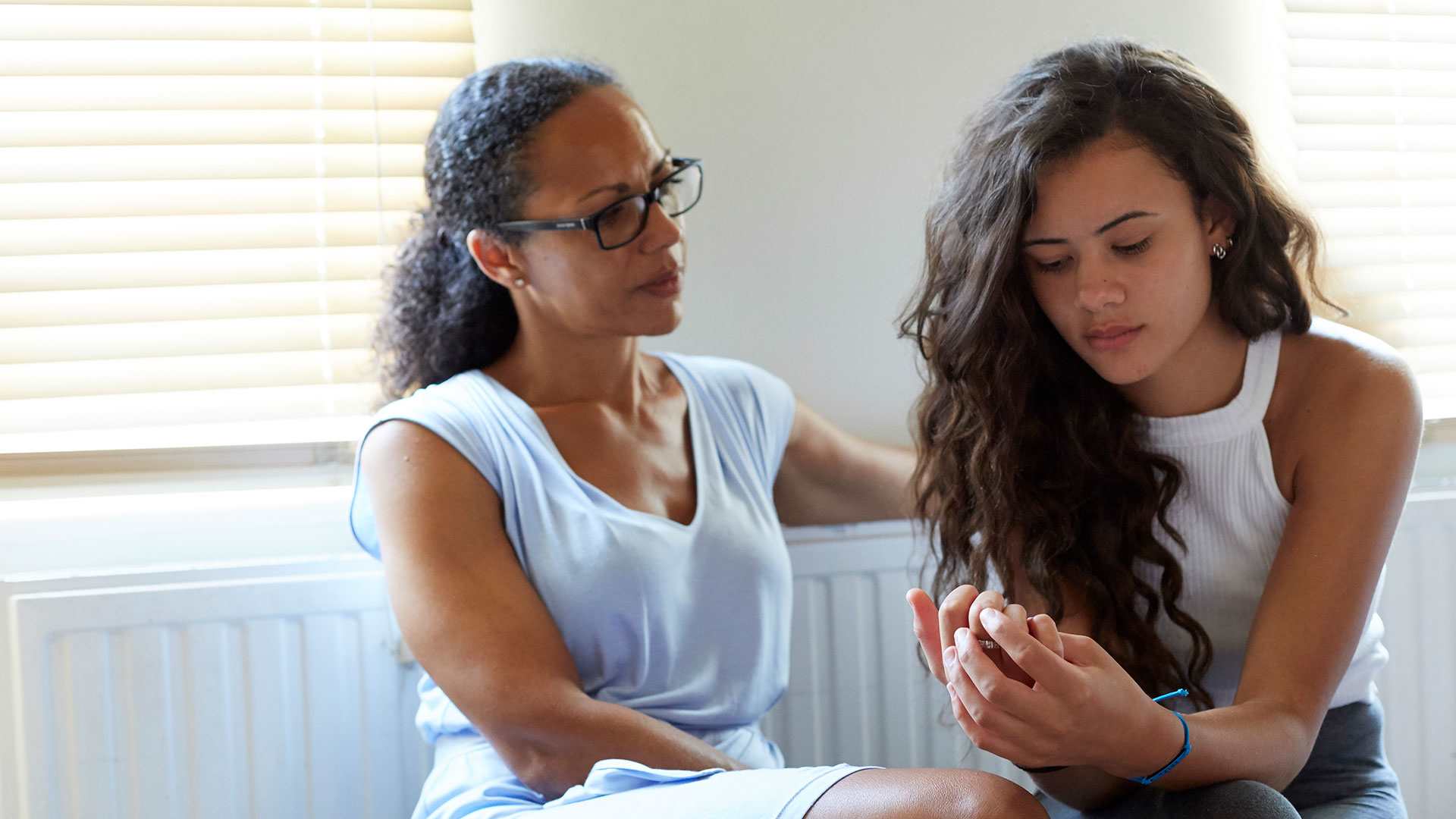Supporting someone who is feeling suicidal is incredibly hard and a huge responsibility. Some parents and carers in this situation tell us they are living in a state of fear all the time. This is exhausting and can start to affect your own mental health.
It’s important to recognise the impact the situation is having on you, and to think about ways you can take care of yourself. This includes getting support from other people so that you can take some time off. Talk to someone you trust and ask for help when you need it.
Remember that even when you’re desperately worried about your child or young person, it is not possible to supervise them 24/7. If you feel like they need to be supervised all the time, this may be a sign that it's too much to manage at home. In this situation, some young people need to be in hospital, where they can get the right help and you can be supported by professionals.
Sometimes it helps just having someone there who can listen to what you’re going through. If you need someone to talk to, you can call the Samaritans anytime on 116 123. You can also speak to your GP about local counselling and therapy services. Or you can find a private therapist if this is an affordable option for you.




